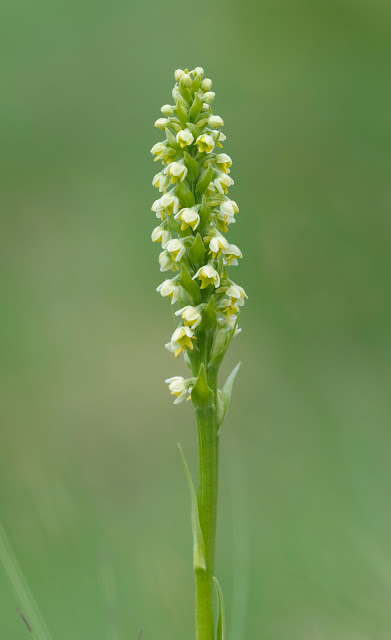For the 2nd year running I was invited by Naturetrek to co-lead their butterfly tour to the Italian Dolomites. It was certainly an honour to take them up on this offer, with the main leader being Luca, a brilliant Italian naturalist who is a mind of information.
We also had with us 12 enthusiastic clients who all helped to make the trip a tremendous success. Butterflies were the main target, but we also all enjoyed the botany and the stunning scenery, of course.
My camera does take a bit of a back seat when I'm leading as the priority has to go to the people that have paid to be on the trip, but of course, once they have all got their photos, if the butterfly is still there, then I can have a go. There were also moments when I had the odd chance of a quick photo when we were all searching larger areas.
The following 2 blogs will show a few of the highlights from the trip. It was quite a late season over there in Italy, so some of the species that we saw last year were not out yet, although we did pick up a few of the earlier species that we didn't see last year.
On the high mountains there are fewer species than in the lower valleys, but those up high are generally rarer and interesting. Last year we didn't see Alpine Grayling, but this year we saw reasonable numbers. Similar to our British Grayling, they do sometimes like to land on trousers!!












Looks a fantastic location! Great shots as usual Bob love that Almond-eyed Ringlet.
ReplyDelete